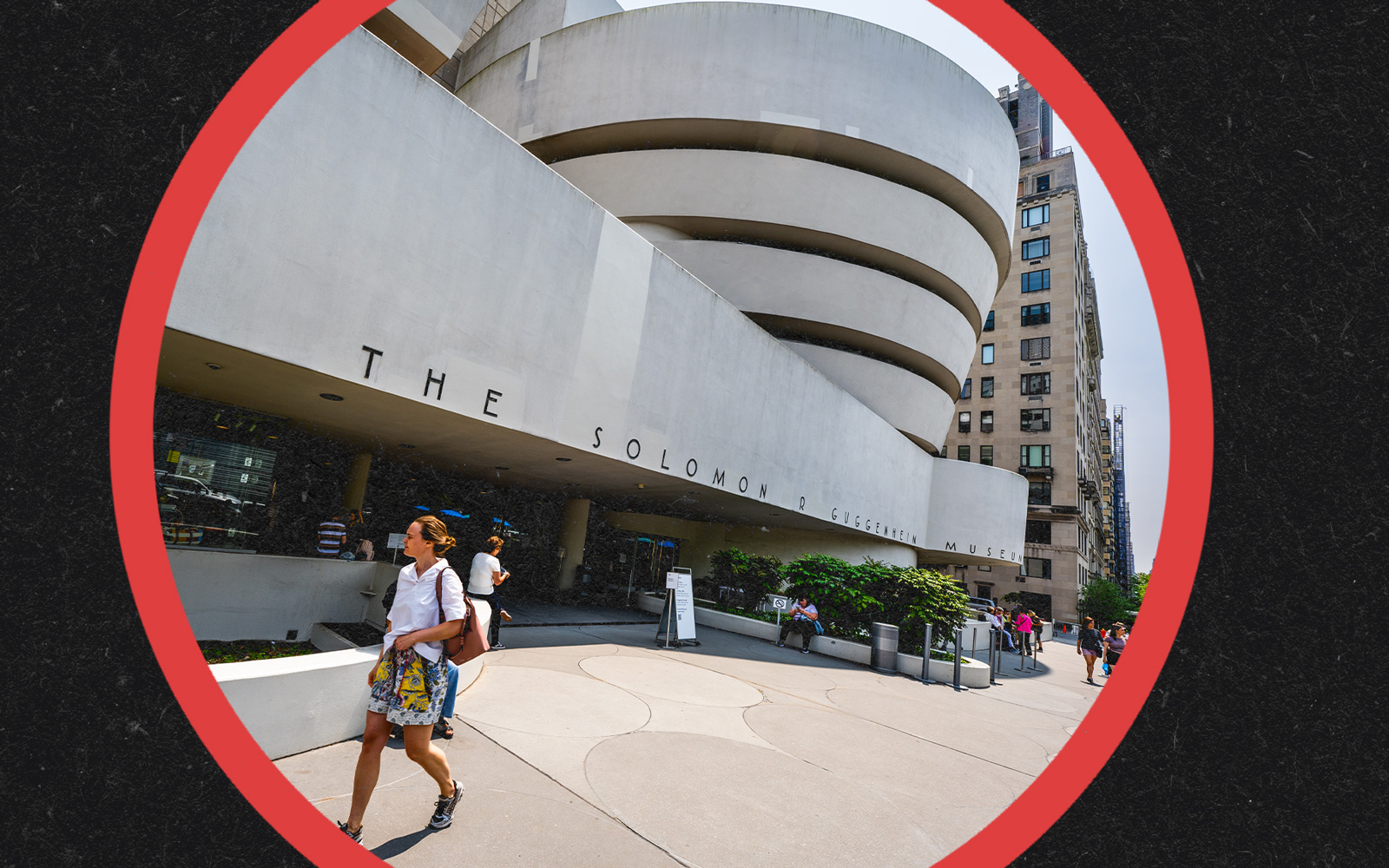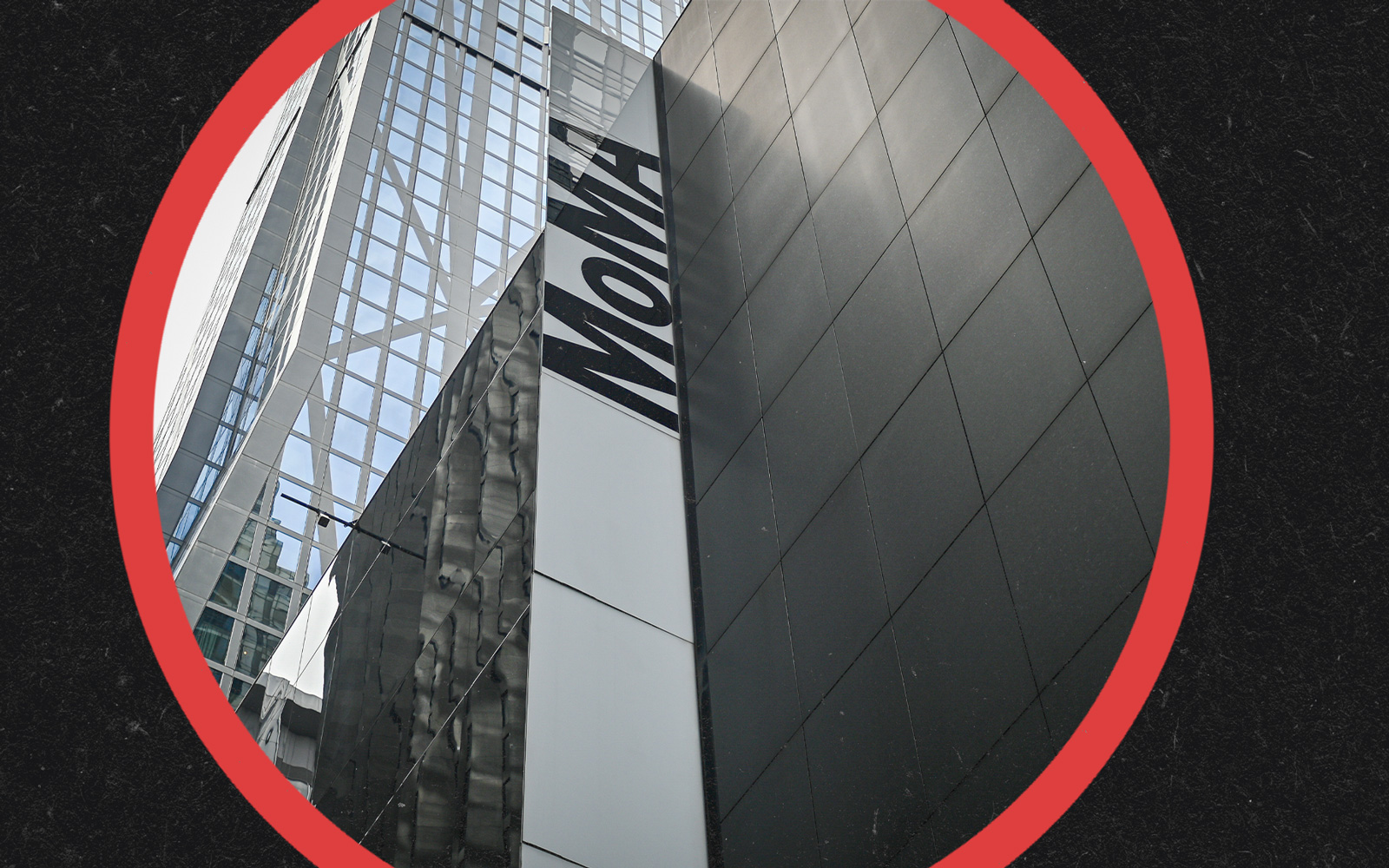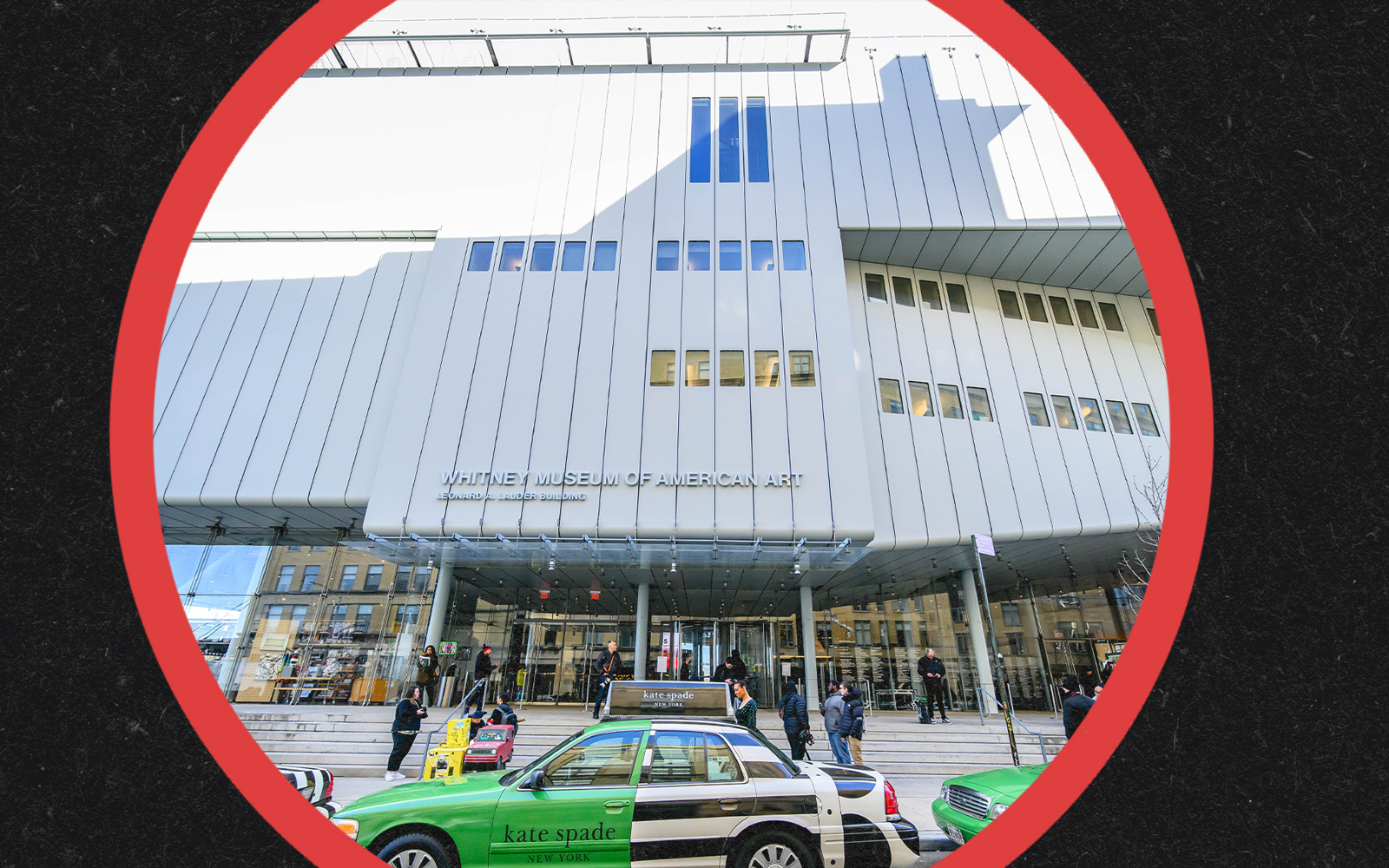New York hosts some of the world’s premier art museums. But when we pass by the Victorian-Gothic majesty of the Met or the asymmetrical cubism of the Whitney, rarely do we think, “Wow, I’m so grateful to the real estate billionaires who helped finance these institutions.”
No, indeed. But it’s not just these museums’ gallery walls that are gilded — their boards of trustees glitter with the high-society real estate players whose donations they depend on to survive. For years, the same familiar names that reshape the city’s skyline have been leaving a hefty footprint on both the art and architecture of these famed cultural institutions.
So what do these property moguls get in return for their generosity? Often, a lobby (or stairwell, or wing) named after them, the opportunity to rub shoulders with the city’s most powerful players, and — like it or not — an occasional helping of controversy.
We examined the boards of four preeminent museums for a glimpse at the modern real estate machers making their mark on New York’s top art institutions. Take a look:
The Metropolitan Museum of Art

Daniel Brodsky, managing partner at the Brodsky Organization, the developer now tasked with converting the famed Flatiron Building into luxury condos, is a member of the board of the Met and served as chairman from 2010 to 2021. He and his wife Estrellita Brodsky, an art historian, endowed two curatorships in Latin American Art and Architecture & Design, respectively, directly influencing the collections on display at the museum.
Mary Ann Tighe, CEO of CBRE’s New York Tri-State Region since 2002, has long been one of the city’s most influential commercial players, brokering mega-deals like the New York Times’ move to its current Eighth Avenue headquarters and Condé Nast’s relocation to One World Trade Center. Tighe sits on the Met’s real estate council with other industry heavy hitters like Brodsky, Douglas Durst and the Related Companies’ Bruce Beal. With a master’s in art history, she was part of the staff that opened Washington, D.C.’s Hirshhorn Museum and Sculpture Garden in 1974 and served as an arts advisor to Vice President Walter Mondale before going into real estate in the 1980s. Tighe has been singularly honored at the Met real estate council’s annual gala for her generosity towards the museum, joining other recent honorees including Fried Frank attorney Jonathan Mechanic, Corcoran Group CEO Pam Liebman and construction mogul Dan Tishman.
Leonard Stern, CEO of Hartz Mountain Industries, the New Jersey-based developer that owns 667 Madison Avenue, is also a prolific collector of Ancient Greek art. But the real estate scion stirred controversy in 2022 when he made his significant collection available for display at the Met. Greek politicians, historians and art scholars criticized the Greek government’s failure to investigate the legality of the collection’s origins as well as an agreement it struck with Stern and the Met that won’t permanently return the art to its homeland for at least 25 years. Greece’s Culture ministry said it found no evidence that any art was procured illegally.
Samantha Boardman, psychiatrist and wife of billionaire developer Aby Rosen, was elected to the board of the Met in 2013. Both noted art collectors, Boardman and her husband’s holdings include pieces by Andy Warhol, Roy Lichtenstein, Cy Twonbly, Damien Hirst and Pablo Picasso. That collection brought Rosen some unwanted scrutiny in 2016, when he agreed to a $7 million settlement with the New York attorney general after allegedly failing to pay taxes on $80 million of art acquired since 2002.
Linda Macklowe, ex-wife of 432 Park Avenue developer Harry Macklowe, was elected to the Met’s board of trustees in 2016. Both Macklowes are avid curators, collectors and patrons of modern and contemporary arts. In fact, the art holdings from their acrimonious divorce became the most valuable collection ever auctioned by Sotheby’s (topping $992 million). She is also a board member at the Guggenheim and Guild Hall in East Hampton, and a former board member of the Hirshhorn Museum and Sculpture Garden.
Guggenheim

Stephen Ross, chairman and founder of Hudson Yards developer Related Companies, is an avid philanthropist (think the University of Michigan’s Ross School of Business) and former member of the board of trustees at the Guggenheim. In 2004, he helped plan a major renovation of the museum’s legendary Fifth Avenue building, which sought to revert the visitor experience to what architect Frank Lloyd Wright had originally envisioned. Updates include a removal of false walls to flood bays with natural light and the reclaiming of the spacious top ramp for art exhibition.
Bill Mack, co-founder and chairman of Mack Real Estate Group and co-founder of Apollo Real Estate Partners, served as chairman of the Guggenheim board for 16 years. Chief among his accomplishments was the expansion of the Guggenheim’s international presence to Bilbao, Venice and Abu Dhabi. Construction of the museum’s Abu Dhabi outpost, which Mack hailed as “a bridge to international understanding,” was met with protests in 2014 when members of activist art group Global Ultra Luxury Faction dropped fake dollar bills from the Guggenheim’s ramps. The group sought to highlight poor conditions for migrant workers building the satellite museum on Saadiyat Island, Abu Dhabi’s planned cultural epicenter for the global elite.
MoMA

Jerry Speyer, chair of Rockefeller Center owner Tishman Speyer, was chairman of the board of trustees at the Museum of Modern Art from 2007 to 2018 after serving as vice chairman since 1996. Named one of Artnews’ top 200 collectors in 2023, Speyer was a key player in the MoMA’s early 2000s expansion, which doubled its exhibition space. Met with mixed reviews, the new structure was compared to “a bank after hours” by writer John Updike but lauded by architect Witold Rybczynski for its “opulently ethereal quality.” The way visitors experience the museum today is in large part due to Speyer’s influence, and one of its buildings on West 53rd Street is named in honor of Speyer and his wife, Katherine Farley.
Marie Josée-Kravis, wife of private equity mogul and KKR co-founder Henry Kravis, was named board chair in 2021 after her predecessor, Apollo Global Management co-founder Leon Black, stepped down amid controversy over his ties to Jeffrey Epstein. But her tenure hasn’t come without controversy: Climate activists unsuccessfully called for her replacement earlier this year over KKR’s investments in oil and gas interests. Both she and her husband’s names adorn the MoMA’s Marie Josée-Kravis and Henry Kravis Studio, a dedicated space for exploring performance and media arts.
Eyal Ofer, chairman of Ofer Global, whose real estate portfolio includes 99 Park Avenue and 50 United Nations Plaza, sits on the board of the MoMA as a member of the Painting and Sculpture committee, charged with acquiring the museum’s permanent collection. An avid collector himself, Ofer’s crown jewels include masterpieces by Vincent van Gogh, Pablo Picasso and Jackson Pollock. His influence in the arts doesn’t stop there — he donated £10 million to expand London’s Tate Modern museum in 2013 and $5 million to help the Tel Aviv Museum renovate the Helena Rubinstein Pavilion for Contemporary Art.
The Whitney

Neil Bluhm, the billionaire co-founder of JMB Realty and chairman of casino developer Rush Street Gaming, sits on the board of the Whitney and was honored at its 2017 gala for his service as president, vice chairman and co-chairman. Another ARTnews Top 200 Collector, his collection includes works by Andy Warhol and Jeff Koons. Bluhm was instrumental in choosing the Whitney’s Meatpacking District location in 2008, saying that, despite some pushback, he “felt the pulse of the city” moving Downtown.
Ken Griffin, hedge-fund billionaire and CEO of Citadel, which is planning a 62-story office tower at 350 Park Avenue in Midtown, had his name engraved in the lobby of the East Wing at the Whitney after donating $40 million in 2015. In 2019, Griffin briefly stepped down in solidarity with fellow board member and vice-chair Warren Kanders, who was ousted amid revelations that his company’s tear gas was being used against migrants at the U.S.-Mexico border. Later that same day, however, Griffin reportedly changed his mind and decided to stay (details are unclear as to what, if anything, changed within those few hours).
